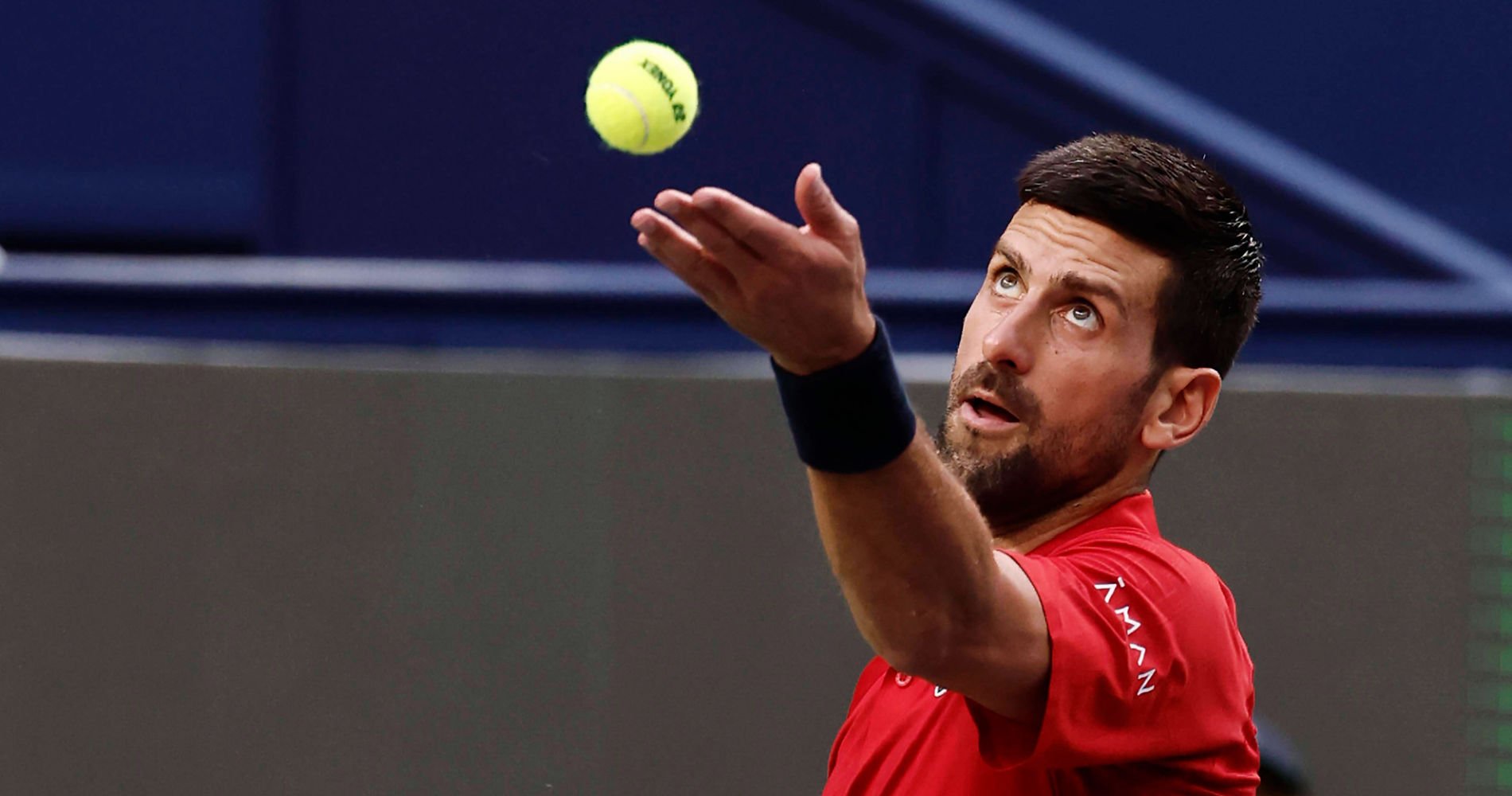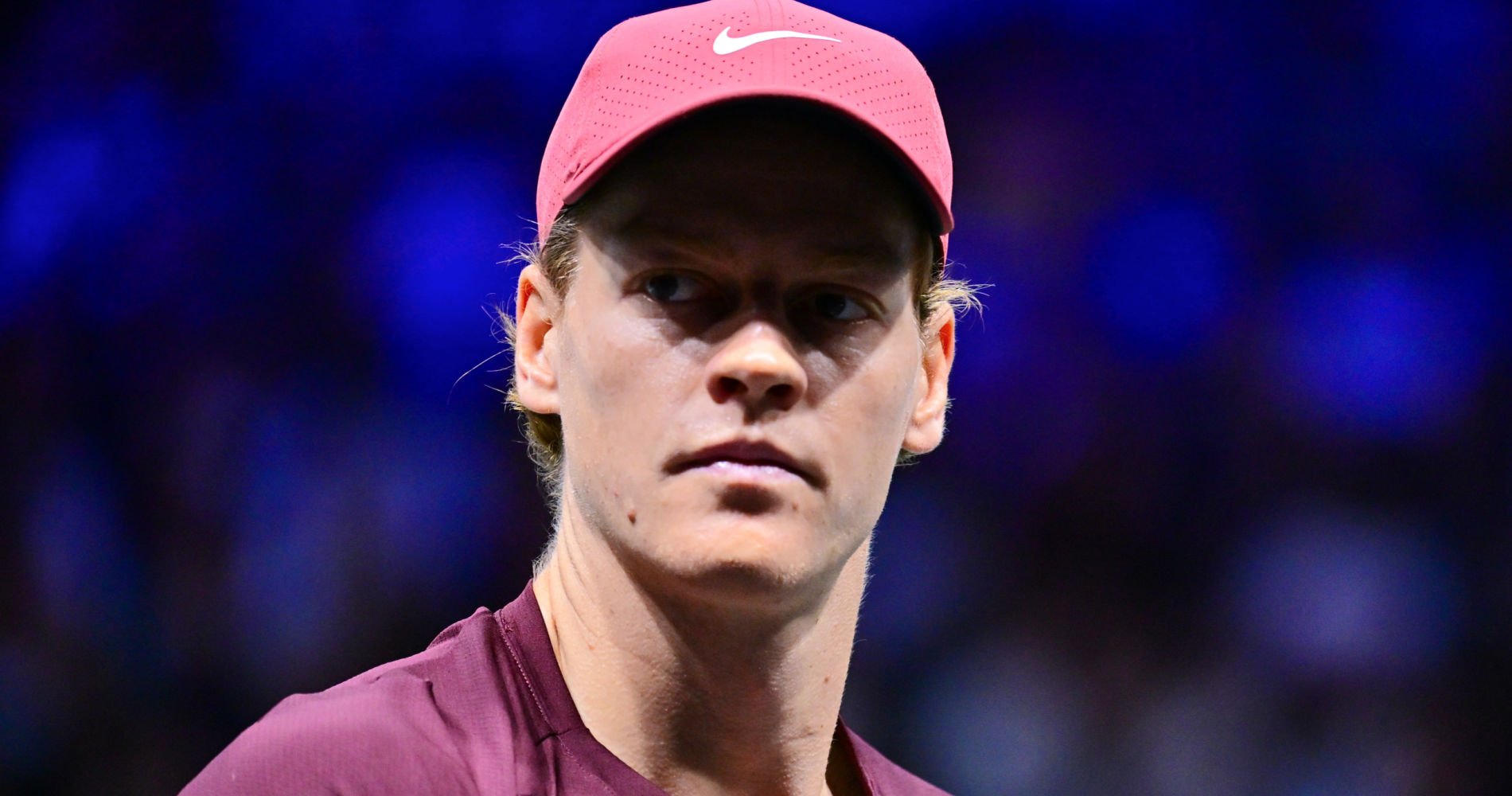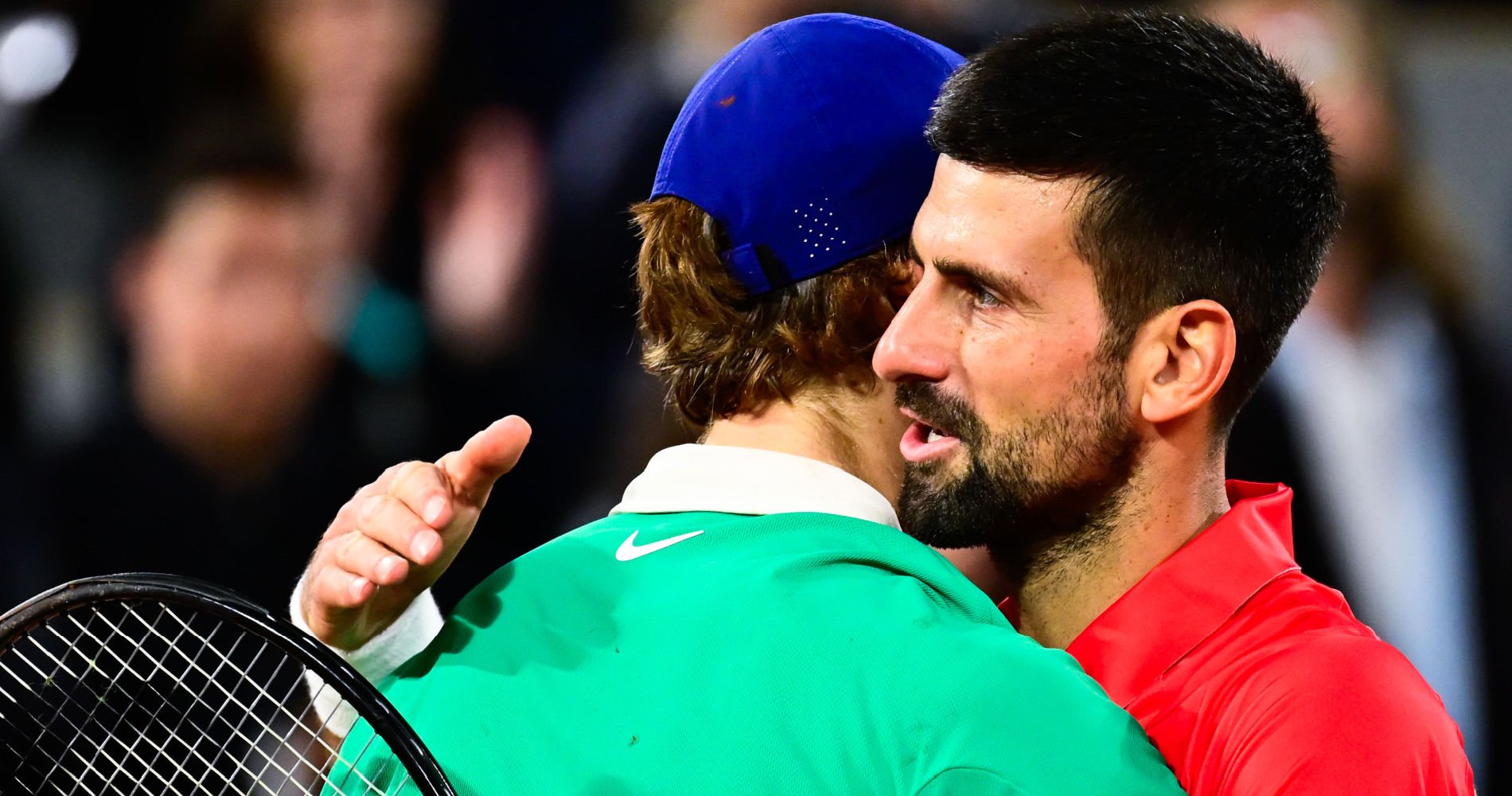Novak Djokovic, in a high-profile interview with Piers Morgan released on YouTube on Tuesday, delivered a scathing critique of how the doping case involving Jannik Sinner – who received a three-month ban in February – was managed. In what is regarded as his most extensive public commentary on the issue, Djokovic pointed to a severe “lack of transparency” and “inconsistency” in the disciplinary process.
The current world No.4, who has chosen not to play the Turin ATP Finals where Sinner is competing, emphasized that while he believes Sinner’s innocence regarding intent, the player must ultimately be held “responsible”. Djokovic stated the entire case was marked by “so many red flags” and called the handling “very, very odd,” suggesting that Sinner, as a high-profile athlete, received favorable treatment.
 Novak Djokovic, 2025 | © Zuma / PsNewz
Novak Djokovic, 2025 | © Zuma / PsNewz
The Serbian star drew a direct contrast between Sinner’s outcome and that of less prominent players, arguing the rules were not applied equally. “When you see someone for something very similar or same being banned for years, and then he’s banned for provisional, whatever, three months or whatever it was, it’s just it’s not right,” Djokovic asserted, not naming any case.
Jannik Sinner tested positive for traces of clostebol in March 2024. The ITIA’s independent tribunal initially cleared him of fault, recognizing that the contamination occurred unknowingly via his physiotherapist. However, WADA appealed this decision, affirming that under anti-doping rules, athletes are ultimately responsible for their entourage’s actions. To avoid prolonged litigation, Sinner agreed to a three-month suspension beginning in February 2025. The case resolution acknowledged his lack of intent and competitive advantage, while emphasizing strict liability for team negligence.
“Convenience” (DjokOvic)
Djokovic specifically questioned the timing of the punishment, noting the suspension appeared to be calculated for “convenience” by coming “between the Slams (The Australian Open and Roland-Garros) so he doesn’t miss out the others.” Djokovic’s claim was reinforced by his observation that numerous other players, both male and female, had previously voiced similar complaints in the media regarding the preferential treatment afforded to elite players in such situations.
Despite his sharp criticism of the governing bodies, whose names he doesn’t mention (the ITIA and the WADA were mainly involved thus the control happened on an ATP competition), Djokovic maintained that Sinner’s accountability remains non-negotiable. While Djokovic – who was Sinner’s training partner when the Italian was a junior at Ricardo Piatti’s academy – expressed that he was “shocked” by the incident and believes Sinner “didn’t do it on purpose,” he insisted that the rules mandate personal responsability.
 Jannik Sinner, Rolex Paris Masters 2025 | © F. Pestellini / psNewz
Jannik Sinner, Rolex Paris Masters 2025 | © F. Pestellini / psNewz
“I want to believe, and knowing my history with him, I think he didn’t do it on purpose. But of course, he is responsible because those are the rules. You are responsible when something like this happens.”
Djokovic also offered empathy for Sinner’s ongoing situation, acknowledging the difficulty of navigating a public controversy. He praised Sinner for handling the continuous media scrutiny “very well and very maturely,” noting the Italian’s ability to win big titles, including Wimbledon this year, despite the distractions.
Djokovic : “It will follow him”
Nevertheless, Djokovic predicted that the controversy will have a lasting impact on the World No. 1’s legacy. He concluded that the doping incident will remain a permanent “cloud” that will “follow him… for the rest of his or my career,” comparing the lingering scrutiny to the public fallout he himself faced over his COVID-19 vaccination stance that led him to be deported from Australia in 2022.
Djokovic is the co-founder of the PTPA, the Professional Tennis Player’s Association, whose statement on the Sinner’s case is close to the Serbe’ latest comments. The PTPA expressed strong criticism of the handling of the case, highlighting what they described as “inconsistent treatment” of players who fail drug tests, and asserting that there is “unacceptable bias” within the system.


